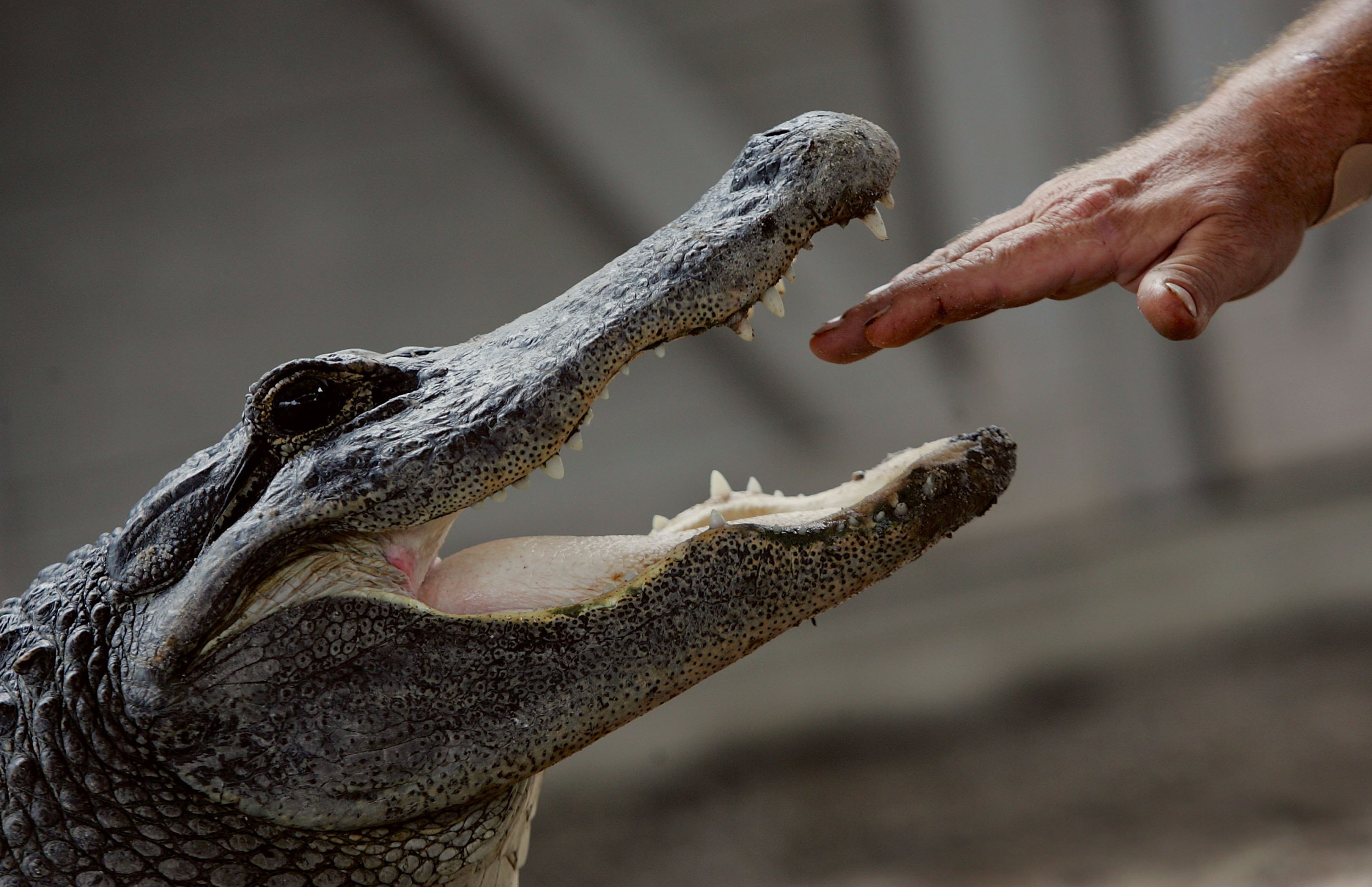- Aug 29, 2020
- 10,678
- 8,925
- 2,138
I am merely saying you don’t have to be terrified if you come close to an alligator. Of course you should be watchful and careful. In general if you don’t bother them or they are not fed by some fool they are not all that dangerous.Although alligators can be dangerous at any time of the year, they are especially dangerous in the months of April and October. Can you imagine not eating anything for 6 months ? That's what alligators do. They hibernate from October to April, without eating anything. When they come out of those alligator holes in April, they are hungry, brother.
When they are about to go into hibernation in the fall, they need to do it on a full stomach, and they are equally dangerous at that time.
Your own link ends with > "Conclusion" - they (alligators) will become very dangerous whenever they outgrow the four feet mark."
In the months you mention they often prowl neighborhoods. I remember on Sanibel Island a store owner telling me that when she left her house to head for work she found a gator beside her car and had to get into the car using her passenger door. In my neighborhood when I lived in Tampa people would sometimes find a gator in their in-ground pool.
If a gator is in your house, swimming pool or in your city yard don’t grab a gun and start shooting. Just call a trapper.
Of course you should keep your pets away from a gator and be very careful if you have children with you.
What Part Of Florida Has No Alligators? - CLJ
The “higher central hills” of FL down the middle of the state have to least alligators, the driest land fewest ponds and swamps, and – obviously – the most hills, grass, trees, brush and forest lands. None of those are conducive to alligator habitats. Is there any place in Florida […]
***snip***
How do you stop alligators in Florida?
Facts & Safety Tips- Leave alligators alone. Alligators are shy animals that usually avoid human contact.
- Pay attention.
- Do not feed alligators.
- Throw fish scraps into trash cans.
- Follow directions on signs.
- Swim during daylight hours only.
- Stay with children.
- Keep an eye on your pets.
Are Alligators In Florida Dangerous? (Important Facts)
Are Alligators In Florida Dangerous? (Important Facts)
The potential for conflict still exists despite the fact that many Floridians have learned to coexist with alligators. If you are concerned about an









